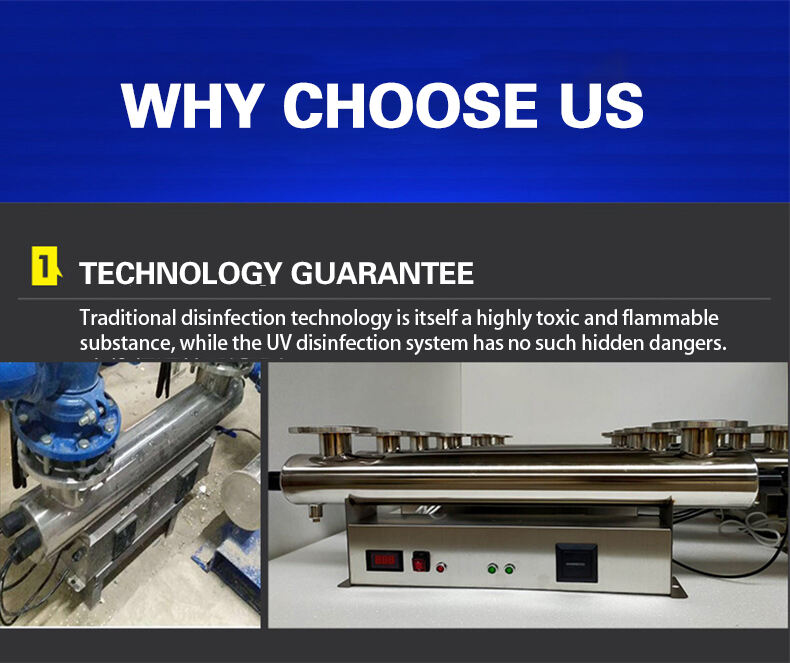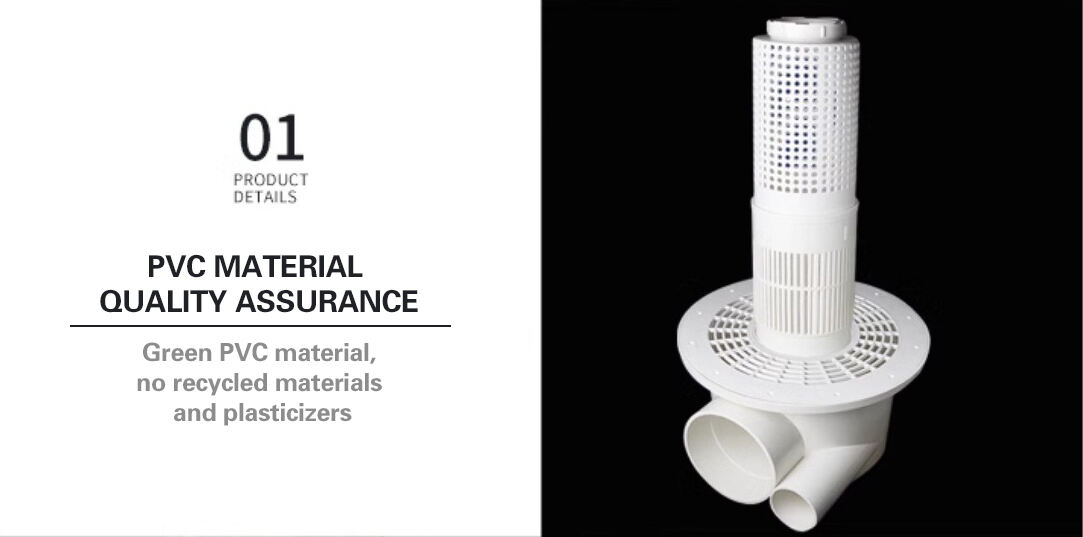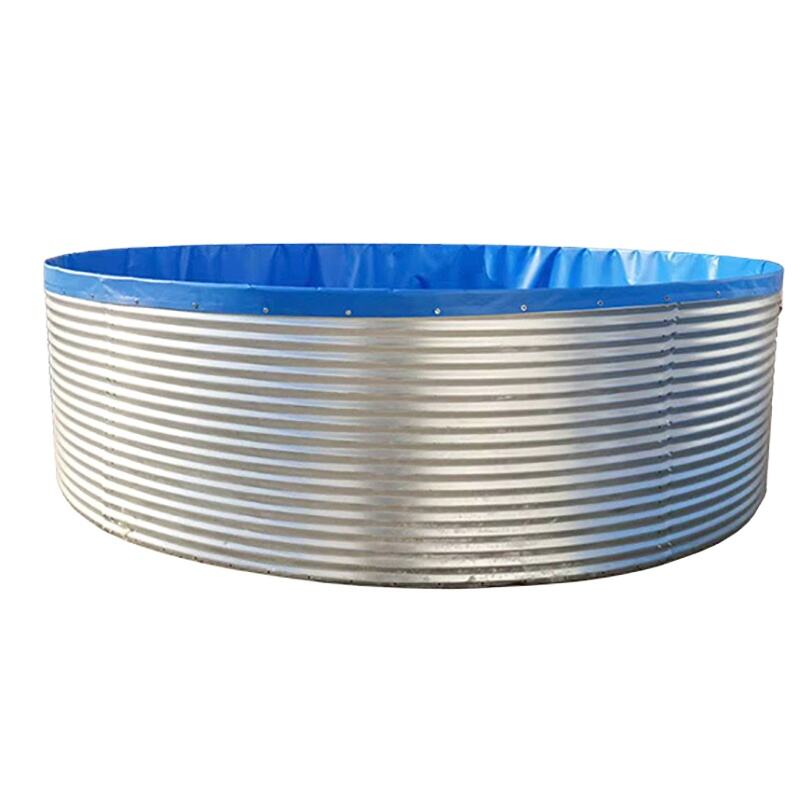 ×
×
Tuna aquaculture refers to the cultivation of tuna fish in controlled environments to satisfy the growing demand for the fish. Tuna farming is an important industry no matter the level of production, and there is a great incentive to farm tuna in an environmentally manner that is sustainable. Raising tuna is a good way to produce enough tuna for everyone, but it comes with many positive aspects, and a few difficulties as well. A new technology is upending tuna aquaculture, making it more efficient and environmentally friendly.
As more people chow down on tuna, the population of wild tuna fish is shrinking due to overfishing and habitat destruction. By raising tuna in these controlled spaces, the farms could take some of the pressure off wild tuna populations, while also providing a steady supply of this fish.
So it is of utmost importance that tuna farming must operate under good practices, in order to balance environmental conservation and industry sustainability. Wolize emphasizes responsible farming methods that benefit the environment. This involves ensuring that the water is of a good standard, that the fish are fed safe food and that harmful chemicals are not used.

The advantages to farm-raising tuna through aquaculture include having a constant supply of healthy fish, reduced strain on wild tuna populations, and the ability to manage their diet and habitat. But there are also challenges to consider, such as how to address fish disease, waste management and the high capital and operating costs of the farms.

Crop production of tuna in aquaculture are challenges but a healthy solution to keep up with the growing popular fish demand. As more people are born, they want more seafood. Using aquaculture methods can enable Wolize to fulfill this need in the best way possible for the planet.

Tuna aquaculture is becoming better new technology and making aquaculture work. Special systems assist farmers in checking the water quality and fish health at any time while the automatic feeders provide the fish with the right amount of food according to their needs. Wolize is also considering alternative kinds of fish food, such as plant proteins, to reduce reliance on wild fish.
We are certified by ISO9001, ISO22000 and COA. We have delivered our products in 47 countries and constructed 22 large-scale, high-volume projects with more than 3000 cubic meters. Our aquaculture systems are used for the production of shrimps and fish across 112 countries.
We have over 15 years of production experience in the aquaculture business and is among the top three companies in the entire Chinese aquaculture sector. We have strategic partnerships with various renowned Chinese Universities, and have skilled team high-density system designers, who can provide the top quality products and service.
We are the specialize in producing PVC steel pipe that supports fish ponds PVC galvanized fishes ponds as well as aquaculture equipment, PVC non drinking water bags, TPU, EVA drinking water bags TPU oil bags PE containers that can be used as disposable liquid bags. We have range of options for the aquaculture equipment.
We able to gives you detailed aquaculture program that includes various aspects, such as the design of scheme, equipment configurations budgeting and planning for equipment installation. This can help you to complete your aquaculture venture. Ordinary enterprises cannot to accomplish this.